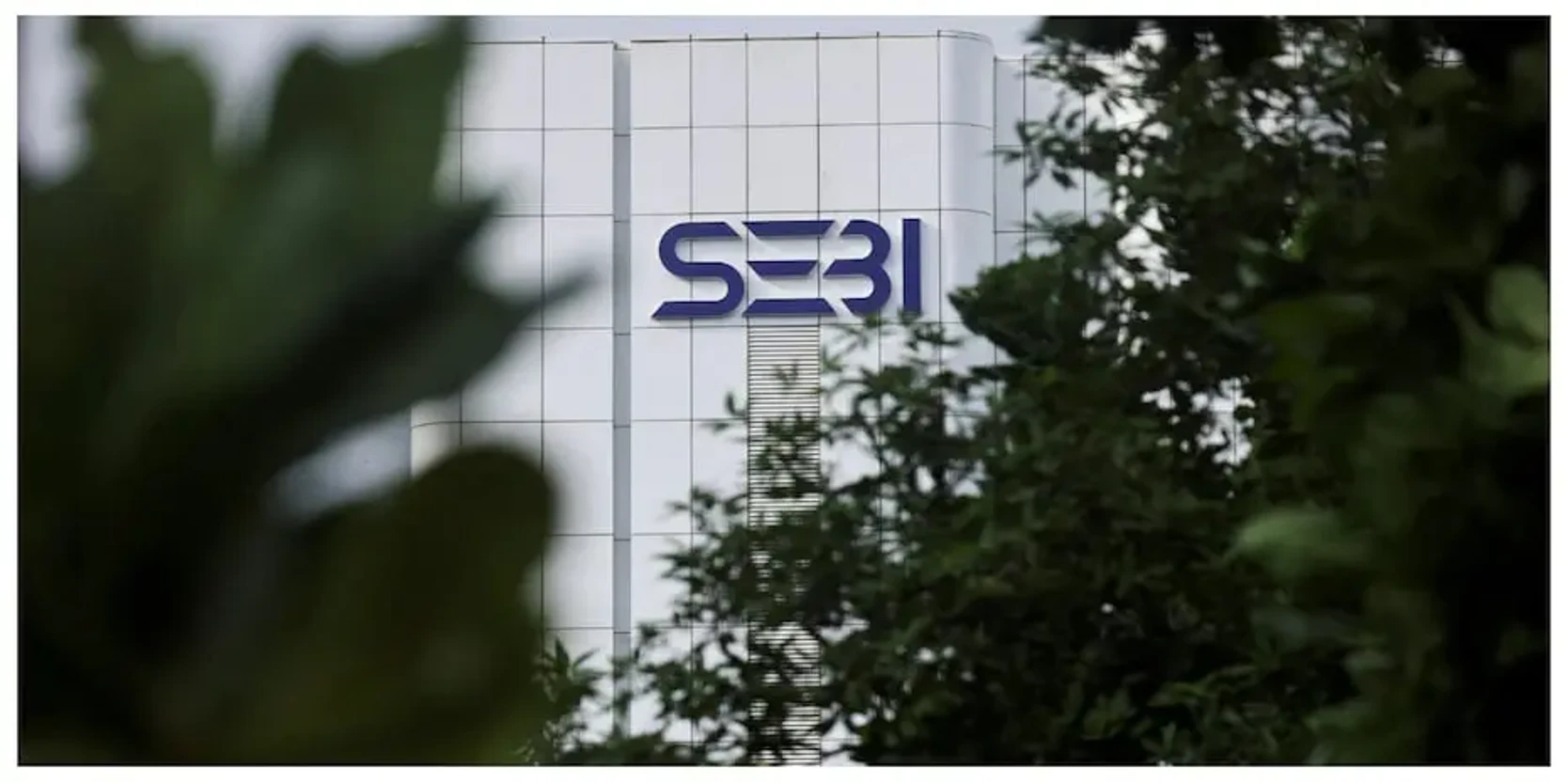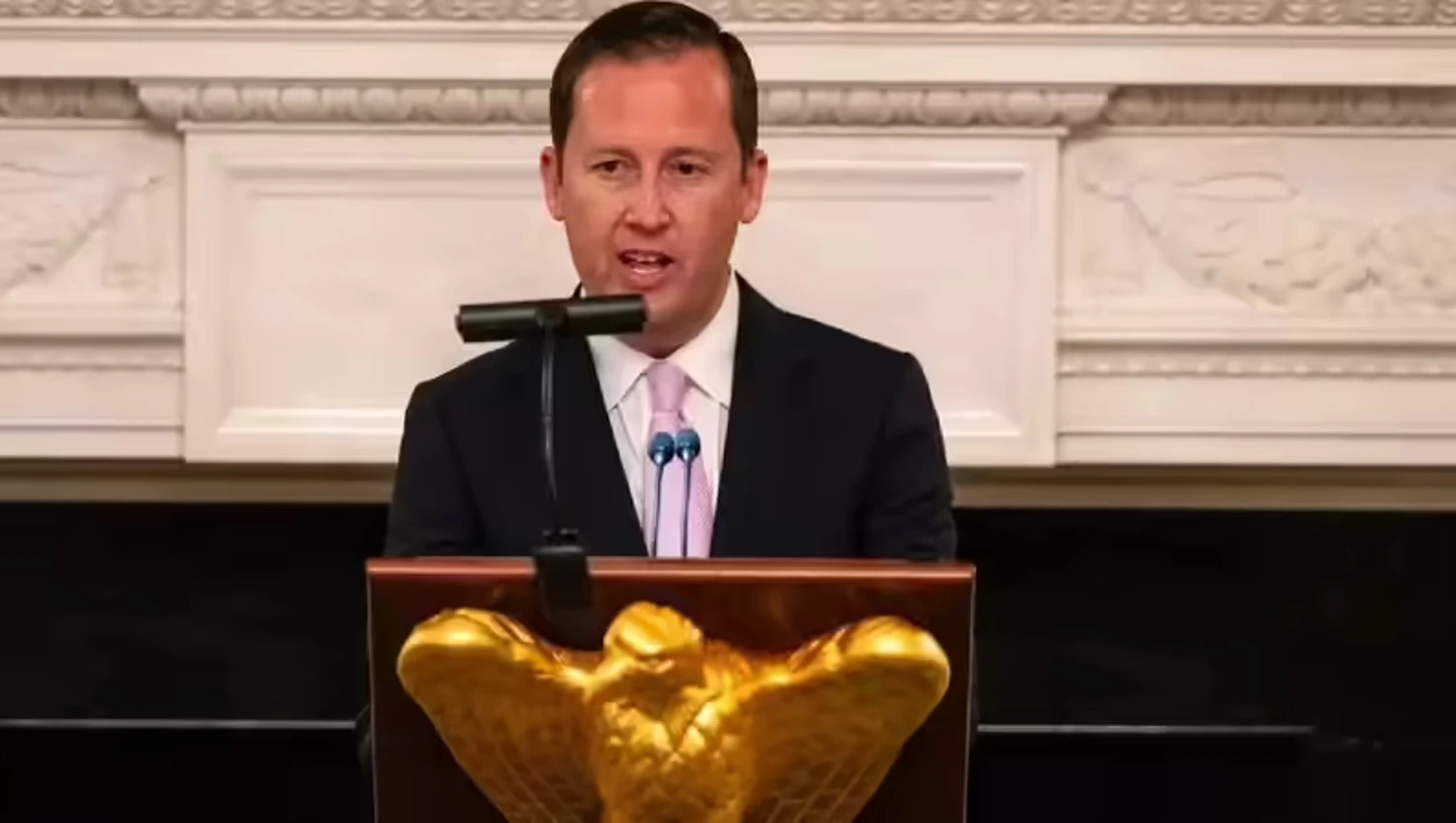SEBI Eases IPO Regulations for Large Companies and Foreign Investors

SEBI Eases IPO Regulations for Large Companies and Foreign Investors
The Securities and Exchange Board of India relaxes IPO requirements while introducing new frameworks aimed at foreign investors and compliance.
In a significant regulatory shift, the Securities and Exchange Board of India (SEBI) has approved several reforms intended to facilitate initial public offerings (IPOs) for large firms and improve access for foreign investors. The new rules, announced during SEBI's board meeting, aim to enhance India's attractiveness as an investment destination and streamline compliance processes for foreign entities.
Revised Public Shareholding Norms
Revised Public Shareholding Norms
A key decision by SEBI involves the relaxation of minimum public shareholding requirements. For companies with a market capitalisation exceeding ₹5 lakh crore, the minimum public offer is reduced from 10% to a threshold of ₹1,000 crore plus an additional 8% of the post-issue market capitalisation. This adjustment aims to simplify capital-raising for the largest firms in India while ensuring that they still meet necessary compliance standards.
The timeframe for achieving a minimum public shareholding of 25% has also been extended from three years to five years for companies valued between ₹50,000 crore and ₹1 lakh crore. This move has been welcomed by industry stakeholders, who noted the importance of easing pressures related to immediate public listing requirements.
Launch of the ‘India Market Access’ Platform
To support foreign portfolio investors (FPIs), SEBI has introduced a digital platform named ‘India Market Access’ (www.indiamarketaccess.in). This new initiative aims to provide a consolidated source of information, thus simplifying compliance for foreign investors navigating India's regulatory landscape. The portal is expected to enhance the investor experience by offering streamlined access to regulatory information and procedural requirements.
SWAGAT-FI Framework
In tandem with the new platform, SEBI launched the Single Window Automatic & Generalised Access for Trusted Foreign Investors (SWAGAT-FI) framework. This initiative intends to simplify regulatory processes for select foreign investors and venture capitalists, promoting a more investor-friendly environment. SEBI Chairperson Tuhin Kanta Pandey stated that the framework is designed to reduce regulatory complexity and boost India's competitiveness in the global investment arena.
Reduction in Minimum Investment for Category III Alternative Investment Funds
SEBI has also decreased the minimum investment threshold for Local Venture Funds from ₹70 crore to ₹25 crore, allowing more capital to flow into the Indian market under a less stringent regulatory regime. This decision follows consultations with the public and is expected to attract a broader spectrum of risk capital for investment.
Changes to the Mutual Fund Sector
Further to the new directives, SEBI has adjusted regulations affecting mutual funds. The maximum permissible exit load for mutual funds has been reduced from 5% to 3% to make investment more appealing to potential investors.
Overall Impact on Indian Markets
These reforms come as part of a broader initiative to modernise and enhance compliance measures across India's financial markets. The intention of these changes is not only to attract foreign investment but also to provide more flexibility for domestic firms looking to raise capital.
As stated by Tuhin Kanta Pandey, “Our goal is to create a regulatory environment that is not only approachable but also competes favourably on a global scale.” With the introduction of these measures, the Indian financial ecosystem seeks to nurture a more dynamic interaction between investors and regulatory bodies, ultimately fostering growth and stability in its capital markets.
The revised regulations reflect SEBI's ongoing commitment to balancing rigorous compliance with investor interests, enabling the market to evolve in tune with global trends. As these changes take effect, stakeholders will be closely monitoring their impact on market behaviour and investment flows into India.

Trump May Visit India For QUAD Meet, Trade Deal Imminent: US envoy
Sergio Gor, US ambassador nominee to India, signals imminent trade deal and highlights strategic relationship between the two nations.
| 2025-09-12

Trump ally Charlie Kirk shot dead
Conservative activist Charlie Kirk was shot dead during a speaking event at Utah Valley University, prompting widespread condemnation and calls for peace.
| 2025-09-11

Hamas claims its leaders survived Israeli attack in Doha, Qatar
Hamas reports six casualties from an Israeli air strike in Doha, while asserting its leadership remains unharmed amid escalating tensions.
| 2025-09-10

Moody's Predicts Greater Revenue Loss from India GST Cuts Than Expected
Moody's Ratings estimates that India’s GST cuts will result in higher lost revenue than government predictions, impacting fiscal health.
| 2025-09-10

Russian Scientists Develop New mRNA Cancer Vaccine for Clinical Use
The Federal Medical and Biological Agency announces a new mRNA vaccine targeting cancer, showing promising results in clinical trials.
| 2025-09-10




